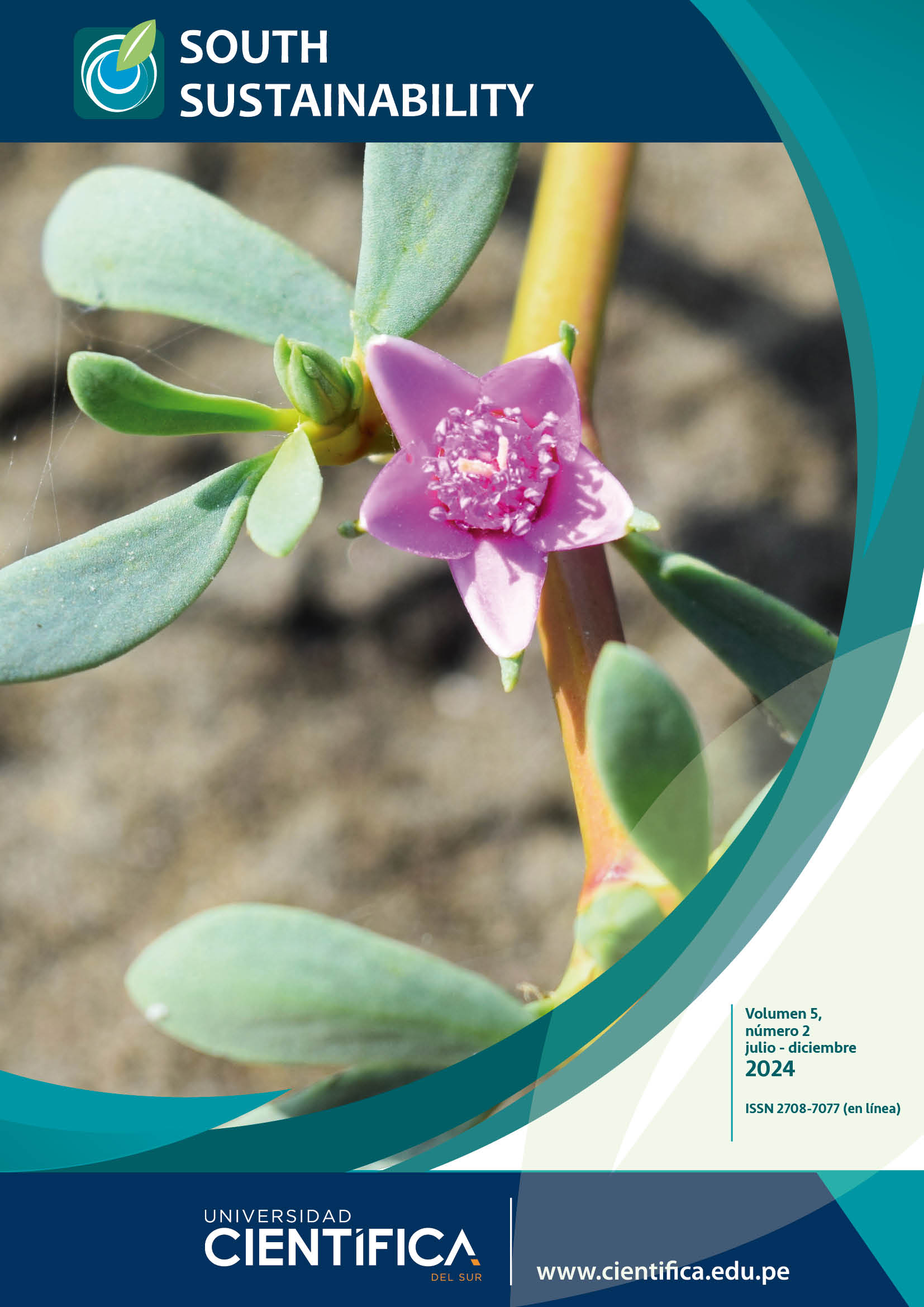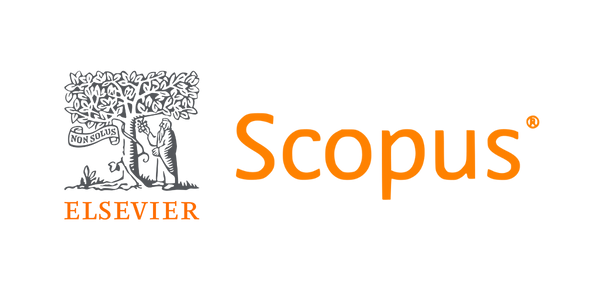Exploration of the energy potential of microbial cells: Analysis of advances and limitations
DOI:
https://doi.org/10.21142/SS-0502-2024-e105Keywords:
bioenergy, microorganism, biocells, substrates, efficiencyAbstract
Access to electricity is vital for human development; however, it remains a challenge for many people worldwide. In this context, organic waste represents an opportunity in the energy sector through the use of microbial fuel cells (MFCs), which convert organic waste into electricity by harnessing microorganisms that release electrons and break down organic matter. Therefore, the aim of this research was to describe the current situation and future trends in the application of microbial fuel cells, addressing the diversity of techniques and the substrates used to improve efficiency in electricity production, as well as their future applications and current limitations. To this end, a search was conducted on the Scielo, Scopus and Science Direct portals, within a specific time frame ranging from 2014 to 2023. Despite the proven success of microbial fuel cell use in wastewater treatment and constructed wetlands, their performance is influenced by a number of factors, such as the type of separator and electrode material employed, as well as chemical parameters such as pH, temperature and salinity. In addition, the costs associated with anode materials currently limit their large-scale application. In conclusion, microbial fuel cells represent a promising solution for sustainable energy generation from organic waste, although further research will be needed to overcome current limitations and achieve broader and more precise implementation going forward.
Downloads
Published
Issue
Section
License
Copyright (c) 2024 Maricielo Alejandra Vera Riega, Mayra Alexandra Pisconte Gomero, Alexia Seminario Grandez, Gustavo Alonso Quique Cabello

This work is licensed under a Creative Commons Attribution 4.0 International License.














